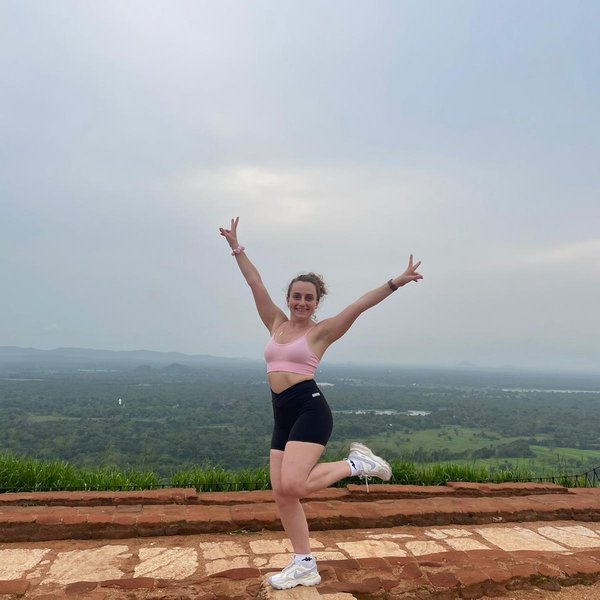University of Dundee 2025
4.jpg) I wanted to experience a different culture and observe how another country’s healthcare system worked first-hand. I wanted to feel integrated into local life and experience living somewhere new for 6 weeks.
I wanted to experience a different culture and observe how another country’s healthcare system worked first-hand. I wanted to feel integrated into local life and experience living somewhere new for 6 weeks.
I was shocked at how busy it was, and it was surprising to see that patients were expected to share beds. Despite the massive workload, the staff were always in good spirits and were happy and cheerful.
It surprised me that all patients had a bantay (family member or friend) to help look after them and stay in the hospital with them 24/7. I was also surprised at the lack of privacy for each patient, as this was very different to home, where privacy is seen as very important.
I learned a lot more about TB due to the high prevalence in the Philippines. I attended talks given by clerics about numerous topics, including diabetes.
I developed my people skills by chatting to so many new people, staff and patients alike.
I was able to ask questions to experienced staff members and learned a lot about less common conditions as well as what it is like to work in the Philippines.
On my first day, I was involved in CPR on a patient. It was a good experience for me, but it shocked me that CPR would continue until the bantay decided they wanted it to stop. This was very different from the UK, where doctors have the power to decide whether to attempt CPR and when to cease it.
I also observed the birth of a stillborn child in obstetrics, which was really difficult to watch. There was no privacy available for the mother, and she wasn’t offered much support during or after the event. This was very different from how it would happen at home.
In my home country, the healthcare service receives significantly better funding. The Philippines is very resource-poor, and they have to make do with what is available.
They are much more resourceful, and there is less wastage in the Philippines. However, this also has an effect on infection control.
Additionally, first-year doctors in the Philippines work completely for free. Their commitment to their job is truly amazing, and I have a lot of respect for them.
We travelled to other locations in the Philippines on weekends, such as El Nido, Siquijor, and Boracay. In the afternoons, we visited a nearby pool or sunbathed in the garden or visited the mall and explored the city.
On Wednesdays, there is a house activity you can join, including cooking classes, pottery classes, or historical tours of the city.
On one evening, the daughter and son of one of the nurses took us on a tour of the city. The hospitality of the locals is unmatched, and everyone we met was so generous despite not having much themselves.
There are many benefits, including experiencing a new culture more thoroughly than when on holiday and being able to integrate yourself into daily life in a new city.
It gives you the opportunity to meet some amazing people and see cases you wouldn’t typically see at home.
It is also beneficial to compare healthcare elsewhere to healthcare at home.
My advice to others considering undertaking an overseas placement, I’d say go for it! It might be scary at first, but you soon settle in and feel at home. I have had the best 6 weeks of my life, and if I could extend it would. Work the World is like a home away from home.








